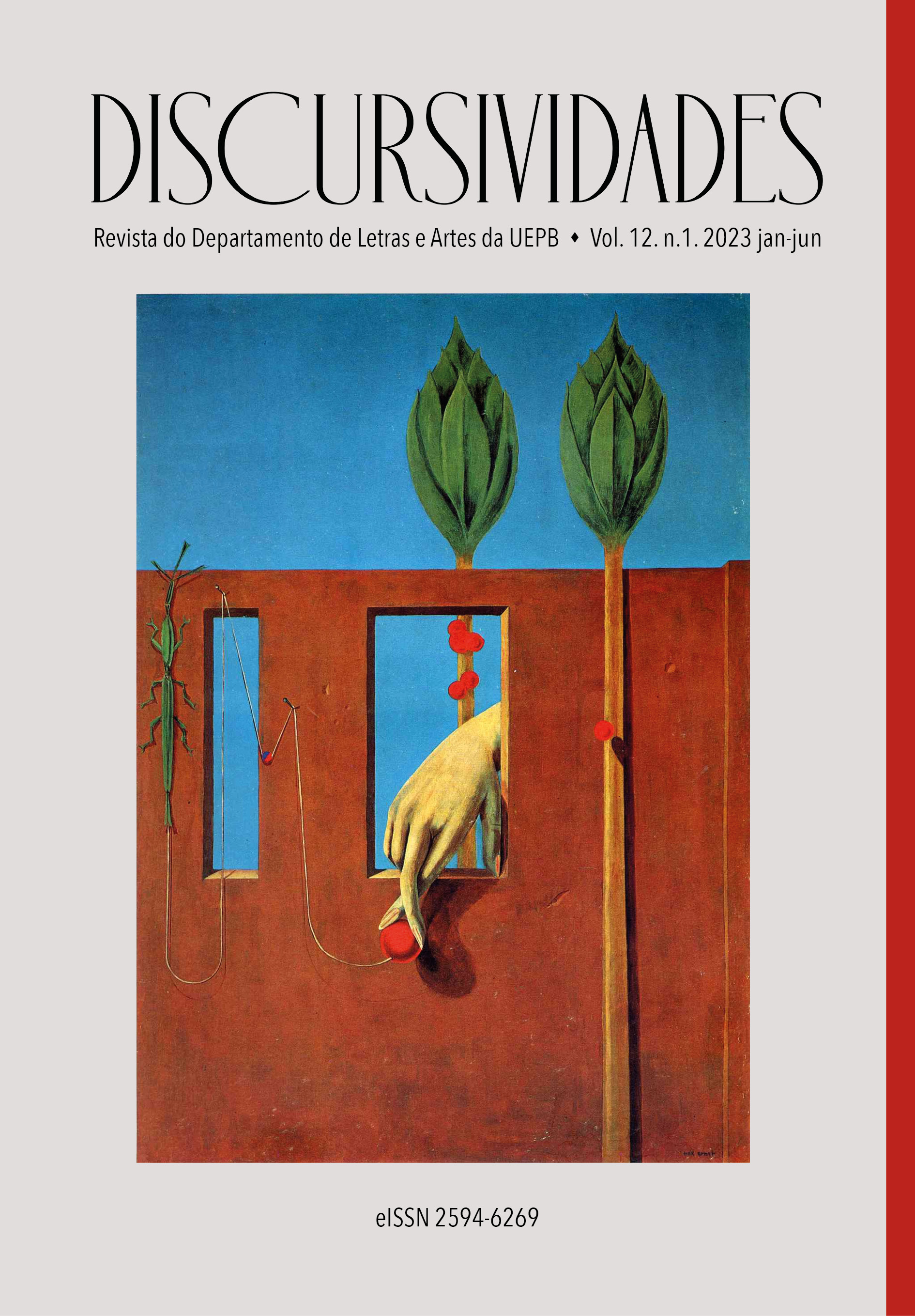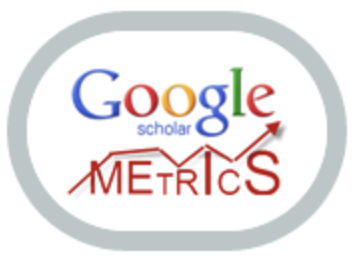Review of the publication "media and/in discourse: research courses"
DOI:
https://doi.org/10.29327/256399.12.1-13Keywords:
Análise de Discurso, mídiaAbstract
Review of the book Media e(m) Discourse: Research Paths, 2022, organized by Dela-Silva and Lunkes, the result of the work of the research group MiDi – Mídia e(m) discourse.
References
CARNEIRO, C. F. “A culpa (não) é da outra"? O discurso sobre triângulos amorosos no "consultório sentimental" da Revista Cláudia. Tese (Doutorado em Estudos da Linguagem) – Universidade Federal Fluminense, Niterói, 2018.
DELA-SILVA, S. O acontecimento discursivo da televisão no Brasil: a imprensa na constituição da TV como grande mídia. Tese (Doutorado em Linguística) – Universidade Estadual de Campinas, Campinas, 2008.
DELA-SILVA, S., LUNKES, F. L. (Orgs.) Mídia e (m) Discurso: Percursos de Pesquisa. 1ª ed. Campinas, SP: Pontes, 2022.
LUNKES, F. L. O discurso sobre depressão na revista Veja (1968-2010) em materialidades verbais e não-verbais: o triunfo dos efeitos de sentidos de medicalização. Tese (Doutorado em Estudos da Linguagem) – Universidade Federal Fluminense, Niterói, 2014.
PÊCHEUX, M. O discurso: estrutura ou acontecimento. 7. ed. Campinas, SP: Ed. Unicamp, 2015. 66 p.
Downloads
Published
How to Cite
Issue
Section
Categories
License
Copyright (c) 2023 Raquel Danielli Mota; Rita Rangel de Souza Machado; Marianna da Silveira Figueiredo C. e C. de Araujo

This work is licensed under a Creative Commons Attribution 4.0 International License.
Authors who publish in this journal agree to the following terms:
a) Authors retain copyright and grant the journal the right of first publication. The articles are simultaneously licensed under the Creative Commons Attribution 4.0 International Public License (CC BY 4.0) which allows the sharing of the work with acknowledgment of its authorship and initial publication in this journal.
b) Discursividades journal offers immediate free access to its content, following the principle that making scientific knowledge available to the public free of charge provides greater global democratization of knowledge.






